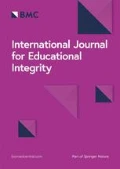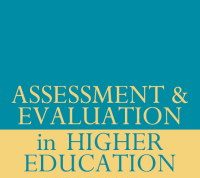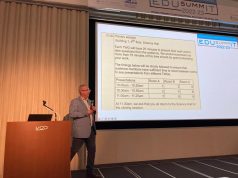DER members Henderson, Ryan and Phillips explore the complex factors that influence effective feedback provision. The paper draws on our Australian Government Office for Learning and Teaching funded project Feedback for Learning.
Abstract
Assessment feedback is one of the most important components of the learning process. However, student and educator dissatisfaction with feedback practices continues to remain a significant problem in higher education. To better understand the barriers to effective feedback, the present study explores feedback challenges identified by 3807 students and 281 educators from two Australian universities. Open-response data were analysed using an inductively derived coding framework and thematic analysis.
The findings reveal three major themes relating to the challenges of feedback from the perspective of students and educators:
- feedback practices,
- contextual constraints and
- individual capacity
In addition to confirming the persistence of many previously reported challenges in the literature, this paper also offers insights into challenges that are particular to feedback, especially relating to the production of useful comments and the perceived hurdles of both student and educator attitudes and capabilities. The findings also highlight the constrained nature of educators’ work, particularly in relation to time. While further research is needed, we propose that feedback needs to be understood as an interaction between practices, context and individuals.
Henderson, M., Ryan, T., & Phillips, M. (2019). The challenges of feedback in higher education. Assessment and Evaluation in Higher Education. https://doi.org/10.1080/02602938.2019.1599815







